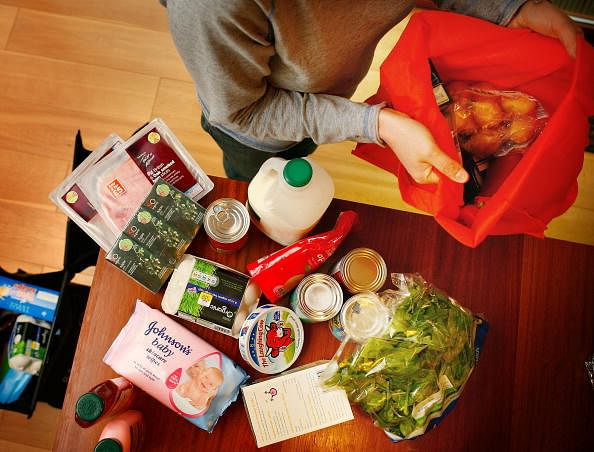
Demand for essential commodities surged after Unlock 1.0 as their shipment volume was nearly three times higher after the relaxations as compared to the lockdown period, according to a report by e-commerce logistics aggregator Shiprocket.
The shipment volume of essential products was nearly three times higher after the relaxation in lockdown from Unlock 1.0 and over 40 percent of the overall shipment volume came from essential categories as compared to the lockdown period, said the report.
There has been an increase of 65 percent in active shippers in the direct-to-consumer (D2C) segment, it added.
During the lockdown, there were supply disruptions, and delivery services faced huge challenges and were unable to meet the demand or orders, it said.
The report is an analysis of shipment trends in post-lockdown India in the D2C sector for a period between May 18 and June 30, with a sample size of over 26,000 sellers across the country.
The report further said 60 percent of sellers felt that the blend of both offline and online will continue to be preferred demand channel.
Less than 2 percent of sellers were not sure how the new normal will look like for them, it added.
"The lockdown created a major disruption in the supply chain, and the demand-to-supply ratio was not balanced with the demand increasing exponentially. Our report was based on the patterns and trends observed," Shiprocket co-founder and Chief Executive Officer Saahil Goel said.
He added that Unlock 1.0 has paved the way for a new phase of logistics operations in India.
The government has eased restrictions on several aspects of logistics and e-commerce and Shiprocket looks forward to continuing its services in the Unlock 1.0 without hindrances in the supply chain and shipping, he noted.
"It's interesting to see an increased demand for hyperlocal services amid this pandemic. We hope the situation improves and the world returns to normalcy soon," he added.
Further, Mumbai, Delhi and Bengaluru clocked the highest number of pick-ups and deliveries which underlines pent-up demand in these cities during the lockdown, report added.
Also, sellers in these cities were able to overcome challenges more quickly in becoming operational, it added.
While Delhi leads the pick-up activities, Mumbai was the top city in terms of delivery.
The average delivery time for intracity, intrastate and the interstate stood at 1.30 days, 2.20 days, and 3.8 days, respectively, it said.
In the product categories, medicines and groceries were the most-shipped items during the lockdown.
After the lockdown, health and beauty retail (32 percent), fashion apparel (28 percent) and electronics, automobile and accessories (18 percent) were the top three categories in terms of shipments in the Unlock 1.0, the report added.